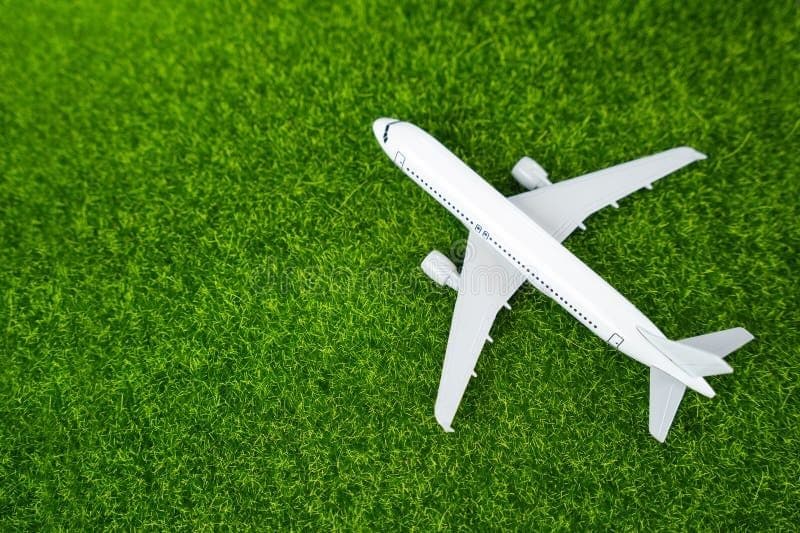The Future of Air Travel: How Airlines Are Adapting to Modern Technology

The aviation industry is at the forefront of technological transformation, driven by the need for greater efficiency, enhanced passenger experiences, and more sustainable operations. Over the past decade, advancements in digital tools, automation, and artificial intelligence have completely reshaped the way we travel by air. The changes are visible at every stage of the journey, from booking a ticket to arriving at your destination.
Smarter Booking and Check-In
Modern airline booking systems are now powered by AI algorithms that personalize search results, offering travelers options tailored to their preferences, budget, and loyalty status. Once a booking is made, digital boarding passes, mobile apps, and online check-in facilities minimize the need for physical documents and long queues. At airports, biometric verification and facial recognition technology are replacing traditional ID checks, enabling passengers to pass through security and boarding gates in seconds.
Advanced Aircraft Technology
Today’s aircraft are more advanced than ever. Equipped with real-time diagnostic sensors, these planes transmit data to ground teams, allowing predictive maintenance to identify potential issues before they cause delays. This not only improves safety but also reduces operational downtime. Fuel-efficient engines, lightweight composite materials, and improved aerodynamics have cut fuel consumption significantly, lowering both costs and carbon emissions.
In-Flight Experience Revolution
The passenger experience has also undergone a technological overhaul. High-speed satellite-based Wi-Fi keeps travelers connected, while entertainment systems now feature ultra-high-definition screens, vast content libraries, and even streaming from personal devices. Smart lighting systems simulate natural light to minimize jet lag, and some airlines are experimenting with AI-powered cabin management to adjust climate and lighting based on passenger needs.
Sustainability and the Future
Looking forward, the airline industry is preparing for groundbreaking changes. Electric and hydrogen-powered aircraft, currently in development, promise zero in-flight carbon emissions. AI could take over certain aspects of flight control, making operations more precise and energy-efficient. Airports may soon use autonomous vehicles for baggage handling and passenger transfers.
The future of air travel will be shaped by a balance between efficiency, sustainability, and passenger comfort. With technology leading the way, flying will soon be faster, greener, and more personalized than ever before. What was once considered futuristic is quickly becoming the new standard in aviation, transforming the skies into a space where innovation never stops.
RELATED ARTICLES

The Future of Air Travel: How Airlines Are Adapting to Modern Technology

JHON SMITH
August 06, 2025

Sustainable Skies: How Airlines Are Reducing Their Carbon Footprint

SARAH LEE
August 09, 2025

From Check-In to Landing: A Guide to a Seamless Airline Experience

MARK TAYLOR
August 13, 2025